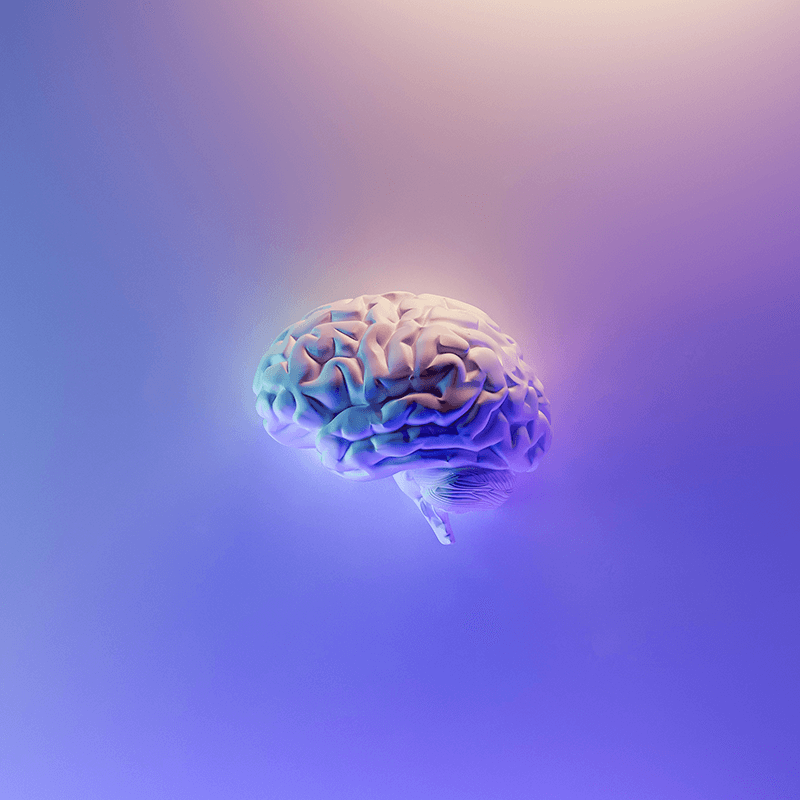It was by chance that a neurologist named Markus Raichle examined the background activity of the brain of one of his test subjects, who was simply lying in the magnetic resonance tube without a specific task, when he took a break. Raichle found to his surprise that when the brain is not engaged in a task, it is nevertheless extremely active: it processes and synchronises information from the most diverse neuronal networks. This mode, also called passive processing mode, only kicks in when we are doing absolutely nothing. The neurologist’s central insight into the background noise of doing nothing: you should always give your brain a break. If you are constantly active, you suppress important brain functions in numerous neuronal networks, including those responsible for creativity. So if we want our brain to work optimally, we should definitely build breaks of doing nothing into our everyday life.
However, we have been taught from childhood that every moment must be filled with activity, so we are constantly busy emailing, texting, running errands, making phone calls, driving, working on checklists or other activities. My mother would often say to me, “Ralph, don’t just sit there, do something!” Today we know that this is not the best way to use the brain, as constant activity prevents new connections from being formed. Studies show, for example, that the younger generation is less creative than the older ones who could still “hang out” without constantly texting, ” gaming” or “chatting”. Conclusion: If you are not lazy from time to time and just do nothing, you are not doing yourself or your brain any favours, because the brain is like a muscle that also needs rest to be able to work well again.
So there seems to be something like a spontaneous activity of the brain. In other words, the brain partly organises itself and even better if we let it work in self-organisation mode. Self-organisation, by the way, is a characteristic of all natural systems, and the brain is considered by neurologists to be a complex system with a high degree of self-organisation. So confidently switch to the self-organisation mode of doing nothing without feeling guilty. Your brain will thank you that it finally has time for maintenance work and, as a bonus, let you have a creative idea.

